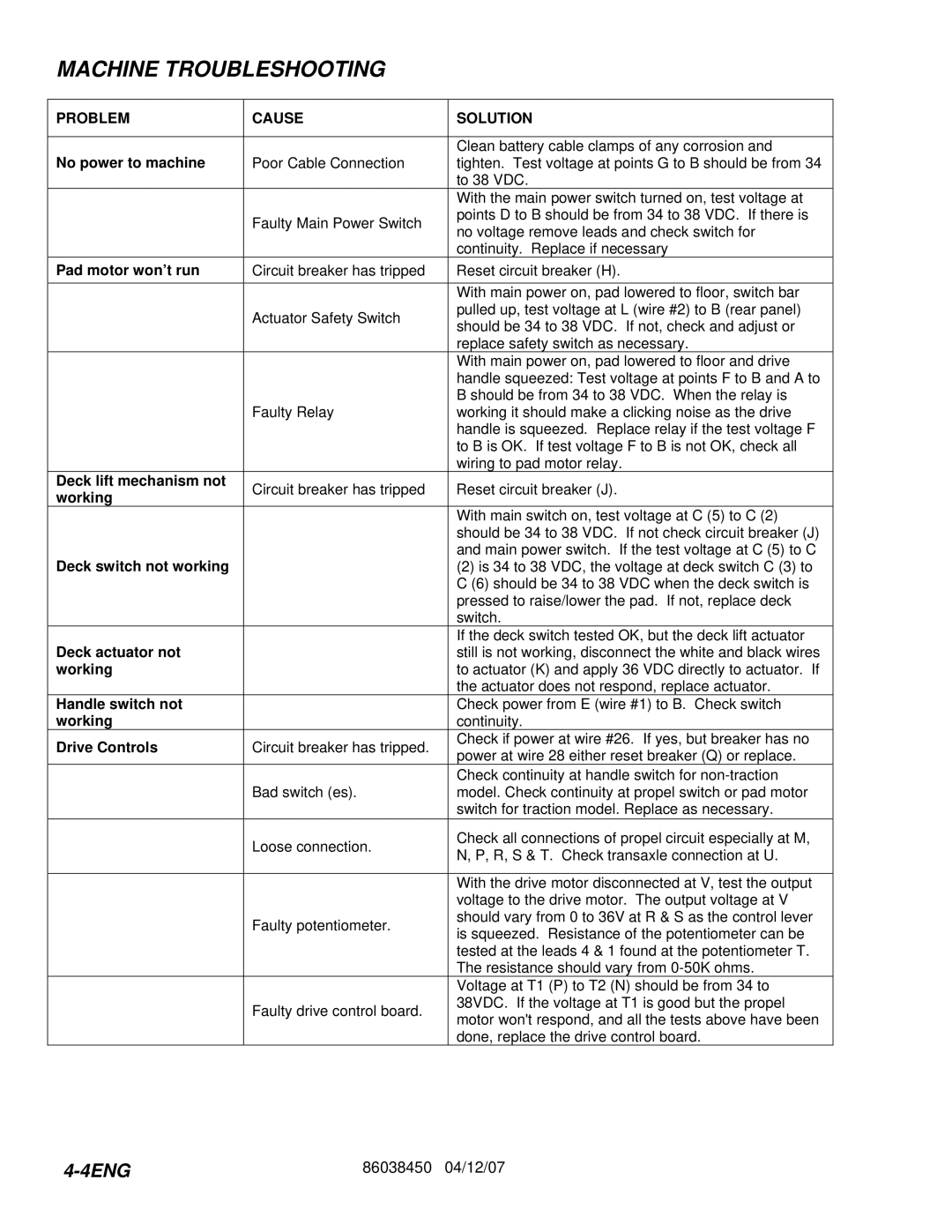10027110, L20, 10027100, L20T specifications
Windsor 10027110, L20, 10027100, and L20T are advanced heating and cooling systems designed to deliver efficient climate control in various settings. These models incorporate innovative technology and well-considered engineering features that make them stand out in the market.One of the main features of these units is their energy efficiency. With rising energy costs and increasing environmental concerns, Windsor has focused on creating systems that minimize energy consumption while maximizing performance. The use of high-efficiency compressors and advanced heat exchange technology ensures that energy is used effectively, significantly reducing operating costs.
The Windsor 10027110 model, in particular, features a user-friendly interface that allows for easy temperature adjustments and programming. Users can easily manage their comfort settings, which further enhances the system's efficiency. The systems have the capability for precise temperature control, ensuring that spaces remain comfortable without unnecessary energy expenditure.
In terms of technology, these models are equipped with advanced inverter technology. This technology allows the units to adjust their power output according to the cooling or heating demand. By maintaining optimal performance without the usual energy spikes, inverter technology contributes to lower energy bills and a reduced carbon footprint.
Another notable characteristic of these Windsor systems is their durability and reliability. Built with high-quality materials and engineering processes, these units are designed to withstand the rigors of daily use in various climates. Regular maintenance and servicing can further extend their lifespan, making them a sensible long-term investment for homeowners and businesses alike.
Moreover, the Windsor L20 and L20T models are designed with noise reduction features, ensuring that they operate quietly. This is particularly beneficial in residential areas or in settings where a peaceful environment is paramount.
In conclusion, the Windsor 10027110, L20, 10027100, and L20T heating and cooling systems epitomize a perfect blend of efficiency, technology, and durability. Their user-friendly features and advanced engineering make them ideal solutions for individuals and businesses looking to optimize their climate control solutions while being mindful of energy consumption. These systems not only enhance comfort but also contribute positively to overall cost and environmental impact.
